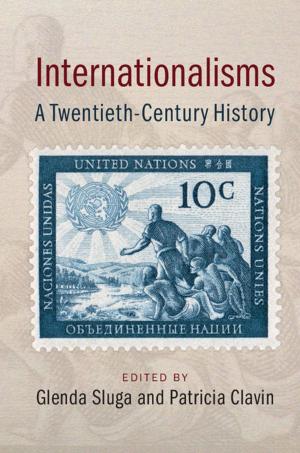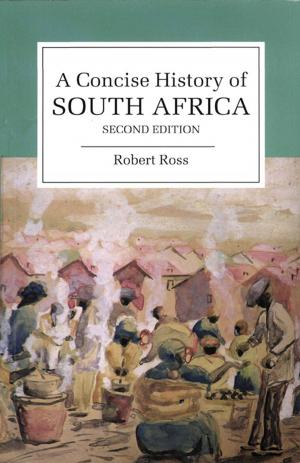Friendship and Empire
Roman Diplomacy and Imperialism in the Middle Republic (353–146 BC)
Nonfiction, History, Ancient History, Social & Cultural Studies, Political Science| Author: | Paul J. Burton | ISBN: | 9781139179171 |
| Publisher: | Cambridge University Press | Publication: | November 10, 2011 |
| Imprint: | Cambridge University Press | Language: | English |
| Author: | Paul J. Burton |
| ISBN: | 9781139179171 |
| Publisher: | Cambridge University Press |
| Publication: | November 10, 2011 |
| Imprint: | Cambridge University Press |
| Language: | English |
In this bold new interpretation of the origins of ancient Rome's overseas empire, Dr Burton charts the impact of the psychology, language and gestures associated with the Roman concept of amicitia, or 'friendship'. The book challenges the prevailing orthodox Cold War-era realist interpretation of Roman imperialism and argues that language and ideals contributed just as much to Roman empire-building as military muscle. Using a constructivist theoretical framework drawn from international relations, Dr Burton replaces the modern scholarly fiction of a Roman empire built on networks of foreign clients and client-states with an interpretation grounded firmly in the discursive habits of the ancient texts themselves. The results better account for the peculiar rhythms of Rome's earliest period of overseas expansion - brief periods of vigorous military and diplomatic activity, such as the rolling back of Seleucid power in Asia Minor and Greece in 192–188 BC, followed by long periods of inactivity.
In this bold new interpretation of the origins of ancient Rome's overseas empire, Dr Burton charts the impact of the psychology, language and gestures associated with the Roman concept of amicitia, or 'friendship'. The book challenges the prevailing orthodox Cold War-era realist interpretation of Roman imperialism and argues that language and ideals contributed just as much to Roman empire-building as military muscle. Using a constructivist theoretical framework drawn from international relations, Dr Burton replaces the modern scholarly fiction of a Roman empire built on networks of foreign clients and client-states with an interpretation grounded firmly in the discursive habits of the ancient texts themselves. The results better account for the peculiar rhythms of Rome's earliest period of overseas expansion - brief periods of vigorous military and diplomatic activity, such as the rolling back of Seleucid power in Asia Minor and Greece in 192–188 BC, followed by long periods of inactivity.















